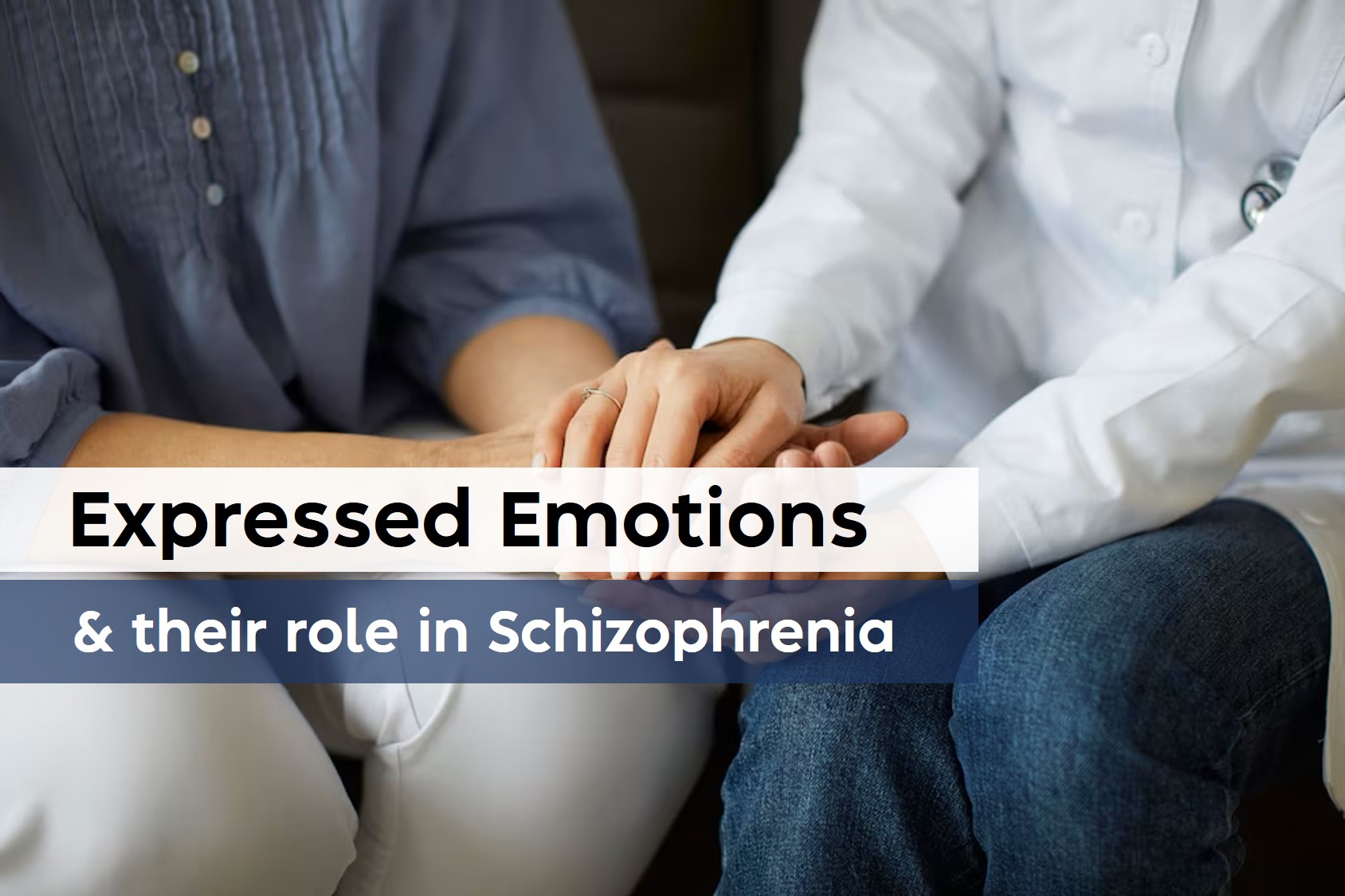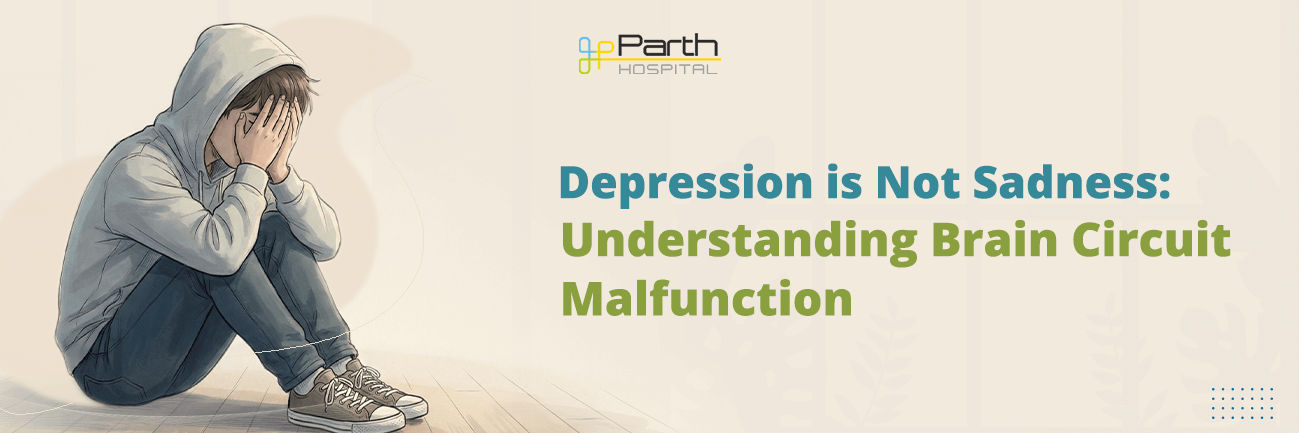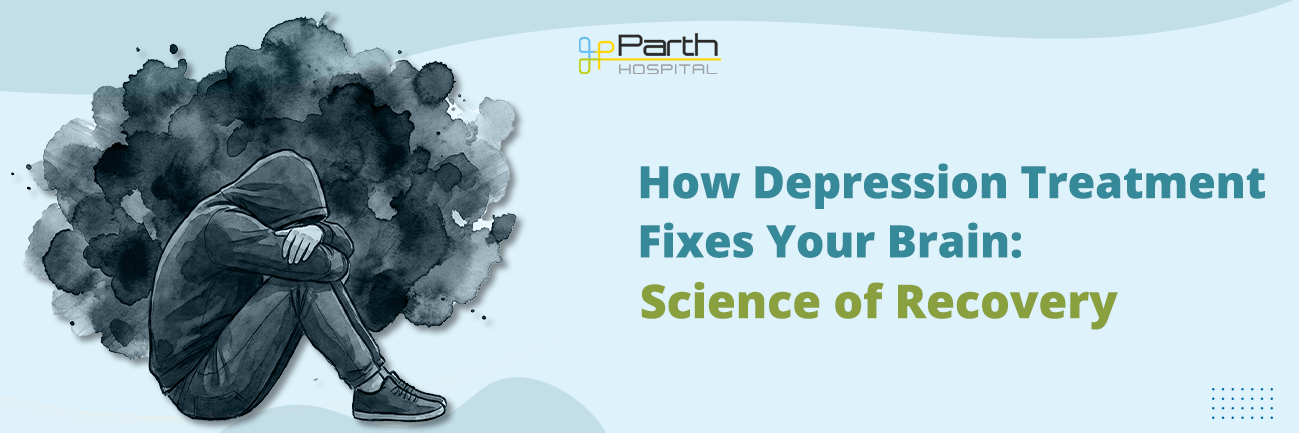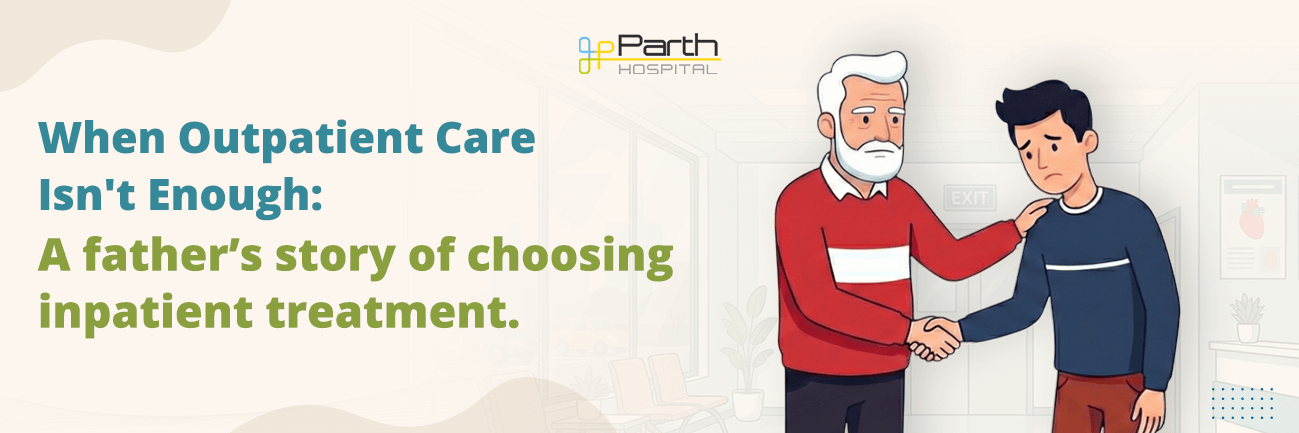Schizophrenia is a serious mental illness affecting 1% of the total world population. It primarily consists of positive and negative symptoms which can be disabling and can persist for life. Schizophrenia as an illness is chronic with remittances and relapses happening continuously over a life long period.
This blog aims to look at, how the “Environment” as a factor, affects the outcomes in patient’s with Schizophrenia.
Expressed Emotions (EE)
Expressed emotion (EE) refers to care giver’s attitude towards a person with a mental disorder as reflected by comments about the patient made to an interviewer.
There are 2 broad categories into which it is divided:
- Positive EE: refers to a set of behaviours which can promote wellbeing and improve recovery in Schizophrenia.
- Negative EE: refers to behaviours which can cause relapses in such patients.
Positive EE
Warmth: Kindness, care and empathy expressed by the caregiver towards the patient.
Positive Regard: Comments or statements which express appreciation and/or support for patient’s behaviour.
Negative EE
Hostility: Aggression or irritability shown by caregivers towards patients during their interaction. These altercations can worsen and lead to violent clashes between the patients and the care givers.
Critical Comments: Harsh, negative comments aimed at reducing the patient’s self esteem by caregivers.
Emotional Over-involvement: Over emotional behaviour, excessive self-sacrifice and excessive facilitation of the patient by the care giver.
Expressed emotions play an important role in the prognosis of schizophrenia. Patients with relatives/caregivers exhibiting high degree of negative EE tend to have more relapses. Positive EE is associated with better outcomes in Schizophrenia.
Clinical Relevance
With this blog series we wish to focus on this section of clinical relevance. Most patients and caregivers coming to us often ask us what should we change in the environment which shall benefit the patient.
Few things to note here are:
- The treatment of schizophrenia is primarily medical in nature, comprising of anti-psychotic medicines which form the main stay.
- Environmental modifications don’t cure the illness, they help in maintaining a disease-free state.
- It’s important for caregivers to understand that stigma towards mental illness and self-beliefs are very critical in predicting relapses in this illness.
- Schizophrenia is a chronic, life long illness. However, the duration of a symptom free episode will be based on the level of drug compliance and the environment that the patient is living in.
- Sometimes caregivers can experience a high degree of Fatigue, which can lead to changes in their behaviors. It’s important to address this. This does not constitute as critical comments or hostility, this is merely frustration on part of the caregivers.
- Given some time they will return to tending to their loved ones with the same level of care as before.
- When such critical comments tend to persist and hostility seems to rise, then such behavior needs to change at the earliest. Phasic manners of such behaviors may not be as detrimental as previously described.
Source/s: Banner Image by Freepik.com







